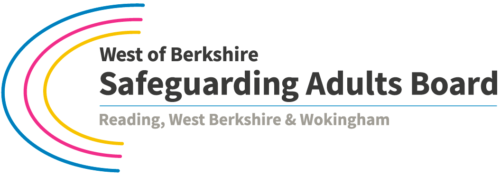Making Safeguarding Personal
Approaches to adult safeguarding should be person-led and outcome-focused. The Care Act emphasise a personalised approach to adult safeguarding that is led by the individual, not by the process. It is vital that the adult feels that they are the focus and they have control over the process.
Making Safeguarding Personal is not simply about gaining an individual’s consent, although that is important, but also about hearing people’s views about what they want as an outcome. This means that they are given opportunities at all stages of the safeguarding process to say what they would like to change. This might be about not having further contact with a person who poses a risk to them, changing an aspect of their care plan, asking that someone who has hurt them apologises, or pursuing the matter through the criminal justice system.
The views, wishes and desired outcomes of the adult are equally important should the adult lack mental capacity to make informed decisions about their safety, or have substantial difficulty in making their views known and participating in the enquiry process. Personalised practice approaches should still be taken in such cases, including engaging with the person’s representative, appointing an independent advocate where appropriate, using what information is known and finding out what the adult would have considered important in decisions about their life, and by following best practice as laid out in the Mental Capacity Act Code of Practice 2007.
The Local Government Association and ADASS have developed resources to support a culture change towards MSP. Click here for further information.
